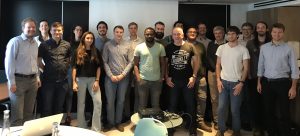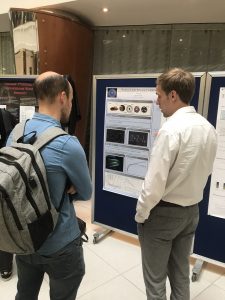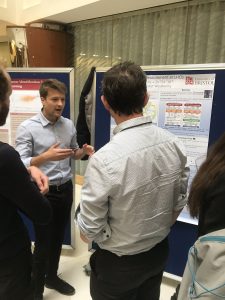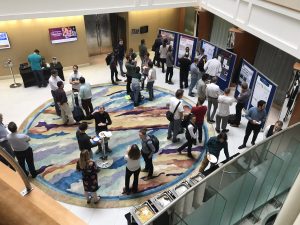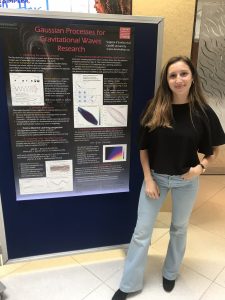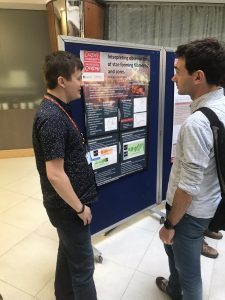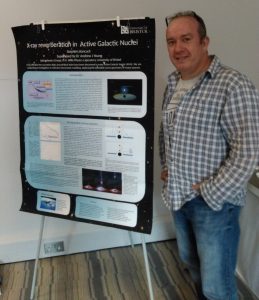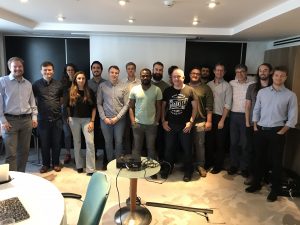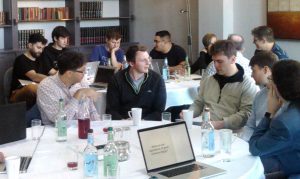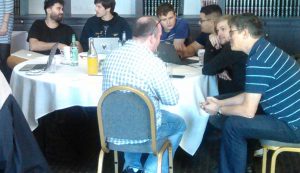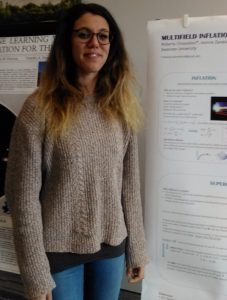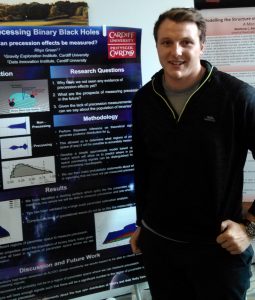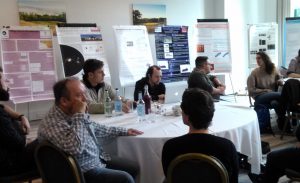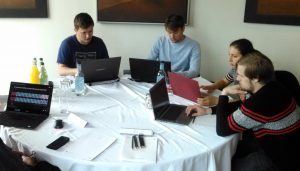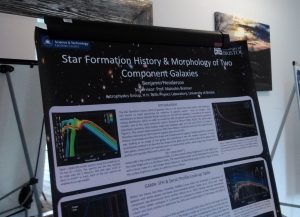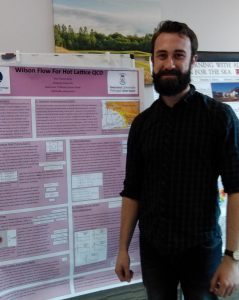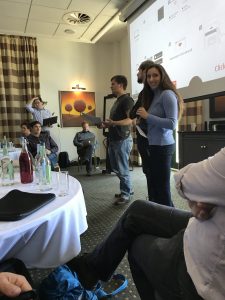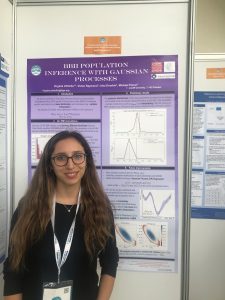Semester 1 (2020)
- Machine Learning – Bristol – taught via Bristol’s Learning Central and Teams
- Data Analysis – Cardiff – taught via Cardiff’s Learning Central and Teams
Semester 1+2 (2020-21)
- Information Visualisation – Bangor – taught via a bespoke Blackboard site and training events
- Reading and Writing Development Group – Aberystwyth – taught via a Slack channel and training events
Semester 2 (2021)
- Machine Learning – Swansea – taught via Canvass
COMS30035 Machine Learning – Bristol University, Dr Rui Ponte Costa
Machine Learning is the science of how we can build abstractions of the world from data and use them to solve problems in a data-driven way. This unit introduces the field of Machine Learning, and teaches how to create and use software that improves with experience. Examples include:
After successfully completing this unit, you will be able to understand the fundamental principles of machine learning and how to build models of data.
PXT125 Data Analysis at Cardiff University – Prof Haley Gomez
The course introduces students to the mathematical techniques that scientists use to make statistically sound conclusions from their data. Topics include an introduction to Bayesian analysis, hypothesis testing, model fitting / selection, Monte Carlo Markov Chains (MCMC), Principal Component Analysis (PCA), among others. Students will get the chance to work with real data, and develop their coding abilities.
ICE-4121 Information Visualisation – Bangor University – Prof Jonathan Roberts
Information Visualization (IV) focuses on the use of visualization techniques to help users understand and analyze non-scientific and abstract data. Such abstract data includes numerical data in tabular form, textual information and associative (network) sources, and contain multiple variables. The aim of this course is to introduce principles of information visualization, develop IV critiquing skills, learn about different Information Visualization designs, and gain foundational skills to design new innovative Information Visualisations through planning by sketching and implementation of those designs.
PGM2610 Reading and Writing Development Group – Aberystwyth University – Prof Reyer Zwiggelaar
Aim is to develop the research skills of the students, with an emphasis on the critical analysis of the literature.
- Identify and discuss subject specific literature
- Communicate with non-experts
- Defend points from the literature, which they might not support
- Reflect on aspects in the literature
- Critically evaluate the literature
- To write up literature review aspects
MA-M08 – Machine Learning – Swansea University – Dr Farzad Fathizadeh
The module introduces basic concepts of machine learning and some of its popular methods in a practical manner from a mathematical perspective.
- Concept of learning, linear perceptron
- Types of learning: supervised learning, reinforcement learning and unsupervised learning
- Use of probability in learning and noisy data
- VC dimension, generalization, complexity, bias-variance tradeoff
- Linear classification, linear regression, logistic regression, gradient descent and stochastic gradient descent
- Overfitting, regularization, cross validation
- Support vector machines, kernel methods
- Decision trees, random forests
- K-means clustering and mixture models
- Neural networks



